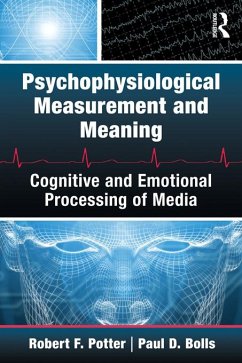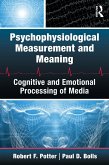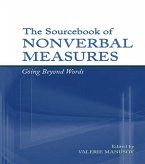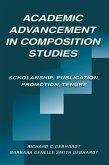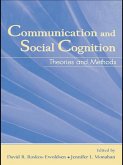This research volume serves as a comprehensive resource for psychophysiological research on media responses. It addresses the theoretical underpinnings, methodological techniques, and most recent research in this area. It goes beyond current volumes by placing the research techniques within a context of communication processes and effects as a field, and demonstrating how the real-time measurement of physiological responses enhances and complements more traditional measures of psychological effects from media. This volume introduces readers to the theoretical assumptions of psychophysiology as well as the operational details of collecting psychophysiological data. In addition to discussing specific measures, it includes brief reviews of recent experiments that have used psychophysiological measures to study how the brain processes media. It will serve as a valuable reference for media researchers utilizing these methodologies, or for other researchers needing to understand the theories, history, and methods of psychophysiological research.
Dieser Download kann aus rechtlichen Gründen nur mit Rechnungsadresse in A, B, BG, CY, CZ, D, DK, EW, E, FIN, F, GR, HR, H, IRL, I, LT, L, LR, M, NL, PL, P, R, S, SLO, SK ausgeliefert werden.

